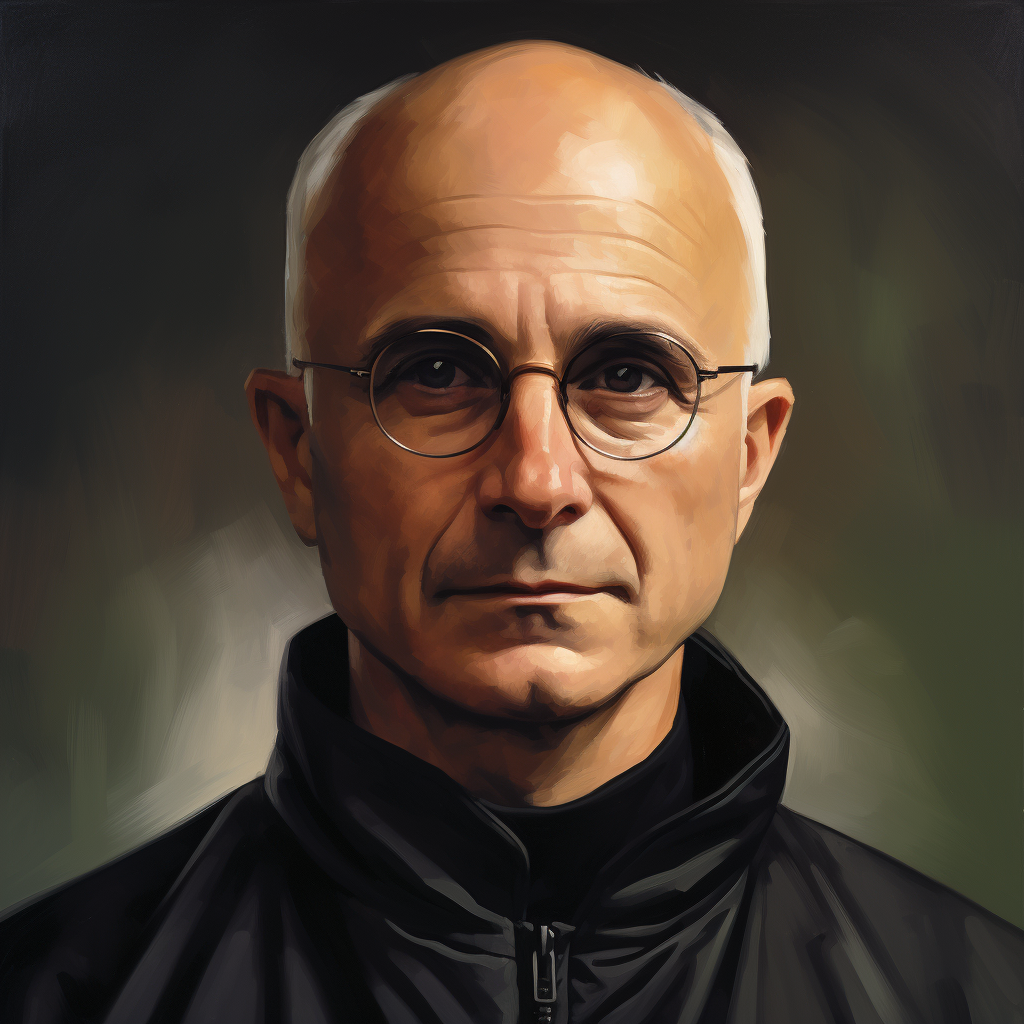Uncategorized
Ludovico Einaudi: The Maestro of Melancholic Melodies
What is Ludovico Einaudi most famous song?
In the vast realm of contemporary classical music, few names resonate as profoundly as Ludovico Einaudi. A masterful pianist and composer, Einaudi’s works have touched the hearts of millions, transcending borders and genres. This article delves into the life and legacy of this musical genius, exploring some of his most iconic compositions and understanding his indelible mark on the world of music. Also, trying to answer the most common question: What is Ludovico Einaudi most famous song?
A Glimpse into Ludovico Einaudi’s Bio
Born in Turin, Italy, in 1955, Ludovico Einaudi embarked on his musical journey at a young age. He honed his skills at the Conservatorio Verdi in Milan and later under the guidance of Luciano Berio, a renowned Italian composer. Einaudi’s lineage is also noteworthy; he is the grandson of Luigi Einaudi, a former President of Italy. But while his family name might have been influential in politics, Ludovico carved a niche for himself in the world of music, becoming a beacon of contemporary classical compositions.
A Deep Dive into Einaudi’s Most Famous Compositions
I Giorni (2001)
Meaning “The Days,” this composition is a reflection on the passage of time. Each note tells a story, a memory, a moment in time. It’s a hauntingly beautiful piece that lingers long after the last note has been played.
Nuvole Bianche (2003)
The title, meaning “White Clouds,” perfectly encapsulates the essence of this composition. It’s like watching clouds drift across a cerulean sky, each note painting a picture of tranquillity and melancholic beauty.
Una Mattina (2004)
Translating to “One Morning,” this piece is a gentle awakening, a musical representation of dawn breaking. Featured in the film “Intouchables,” its introspective and calming nature resonates deeply, evoking a sense of serenity and contemplation.
Oltremare (2006)
This piece, whose title translates to “Overseas,” is a journey in itself. It’s about exploration, the vastness of the ocean, and the mysteries that lie beyond the horizon. Einaudi’s genius lies in his ability to transport listeners, and with Oltremare, one can almost feel the ebb and flow of the tides.
Einaudi’s Indelible Mark on Music
Ludovico Einaudi’s contributions to music are manifold. He has seamlessly blended classical techniques with modern sensibilities, creating a genre that’s both timeless and contemporary. His minimalist approach, characterized by repetitive patterns and evocative melodies, has made classical music accessible to a broader audience.
Furthermore, Einaudi’s compositions have found their way into films, television series, and commercials, proving that his music isn’t just for the concert hall but resonates with everyday experiences. He has a unique ability to evoke emotions, whether it’s the nostalgia of days gone by or the anticipation of days to come.
In conclusion, Ludovico Einaudi is not just a musician; he’s a storyteller, a poet of the piano. His compositions are narratives, each telling a tale of love, loss, hope, and dreams. In a world where chaos often reigns supreme, Einaudi’s music is a soothing balm, a reminder of the beauty that exists if only we stop and listen.

